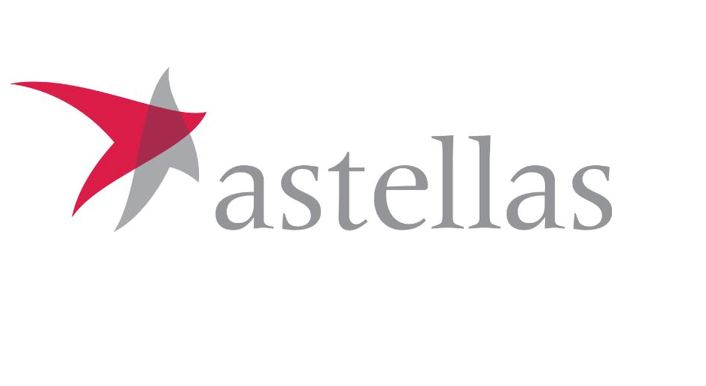Astellas pumps $90m into Sutro immuno-oncology alliance

Astellas has agreed a $1.36 billion partnership with US biotech Sutro Biopharma for a series of antibody-drug conjugates for cancer, focusing on applications in patients who don't respond to current immunotherapies.
The alliance includes an upfront payment of $90 million, backed by $422.5 million in possible milestone payments apiece for up to three development programmes based on Sutro's immunostimulatory antibody-drug conjugate (iADC) technology.
The three programmes are focusing on so-called "cold" tumours – in other words those that have little infiltration by immune system cells. These tumours tend to be unresponsive to cancer immunotherapies like PD-1/PD-L1 checkpoint inhibitors that try to stimulate the immune system to attack tumour cells.
It's been established that in some very common solid tumours such as non-small cell lung cancer (NSCLC), only around a third of patients respond to current immunotherapies. Astellas and Sutro haven't however disclosed the disease targets covered by their partnership.
Shares in Sutro rocketed in pre-market trading in the wake of the announcement, rising more than 50% before slipping back slightly to a 30% increase at the time of writing. The biotech has the option to share costs and profits for developing and commercialising the three product candidates in the US.
"iADCs hold promise well beyond the existing success of ADCs," said Sutro's chief executive William Newell, pointing to the technology's ability to bind two separate components to a tumour-targeting antibody – one that delivers a cell-killing payload and another that can help drive an immune response.
"We look forward to collaboratively exploring the potential of this approach to treat cold tumours and bring new drug therapies to patients who do not respond to existing immunotherapies," he added.
For Astellas, the alliance takes the spotlight off the current travails with its gene therapy programmes, with an FDA clinical hold imposed on another candidate – for Pompe disease – in the last few days.
Immuno-oncology is one of Astellas' main R&D pillars, and the Sutro deal comes shortly after it agreed a $780 million-plus partnership with GO Therapeutics for antibodies targeting two glycoprotein targets in cancer.
The Japanese drugmaker has several of its own immuno-oncology candidates in clinical development, headed by ASP7517, a cell therapy for acute myeloid leukaemia and myelodysplastic syndrome that has reached phase 2 testing.












